Yi king, le livre des transformations
- 413pages
- 15 heures de lecture
Richard Wilhelm fut un traducteur allemand dévoué qui a fait connaître d'importantes œuvres philosophiques chinoises en allemand. Ses traductions, réputées pour leur profondeur et leur précision, ont joué un rôle essentiel dans l'introduction de ces idées profondes à un public mondial plus large grâce à des traductions ultérieures dans d'autres langues principales. Sa version du Yi Jing demeure une référence d'excellence, tout comme son adaptation du Secret de la Fleur d'Or. Ces deux traductions influentes sont enrichies par des introductions de son ami personnel, le psychologue suisse Carl Jung, soulignant leur importance intellectuelle.


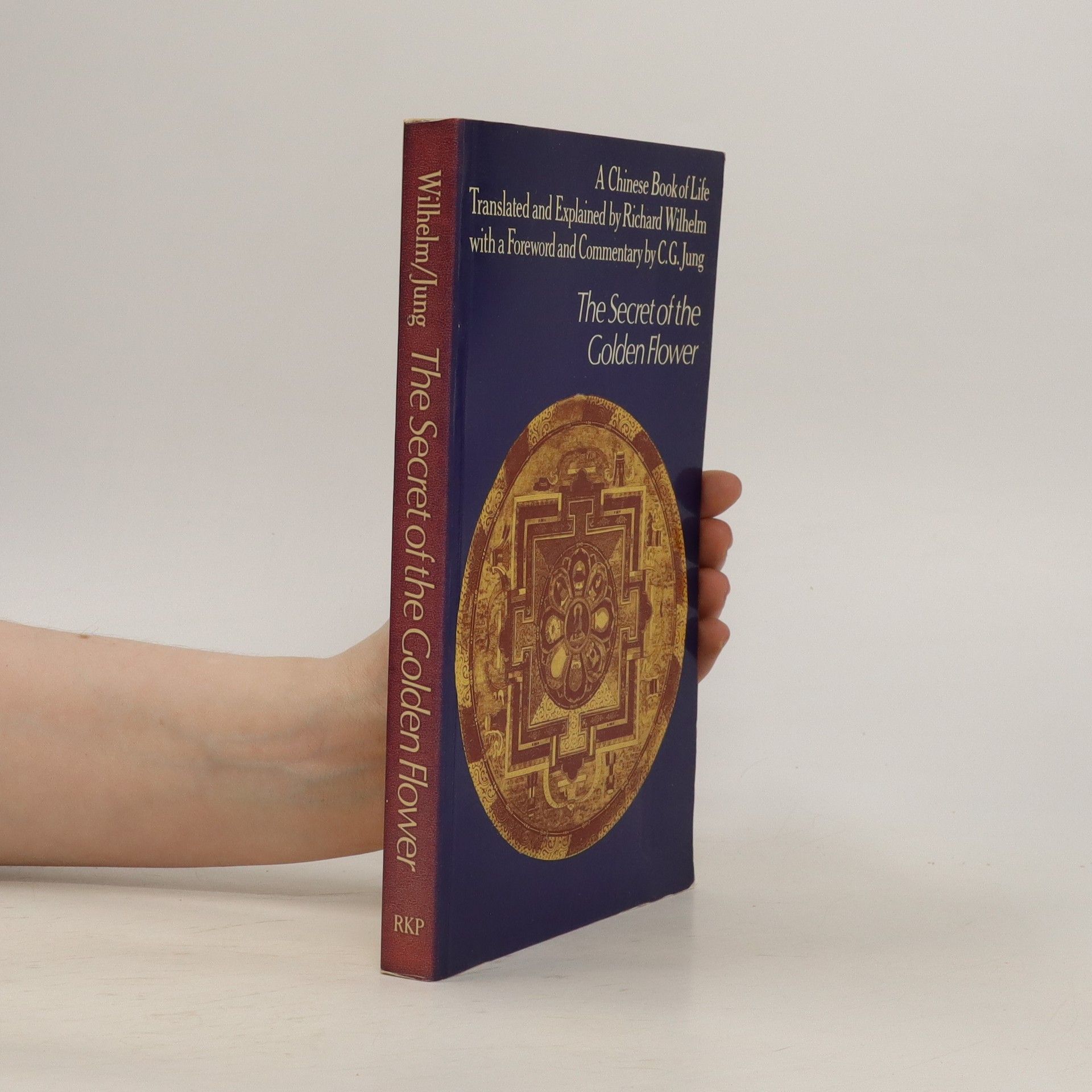
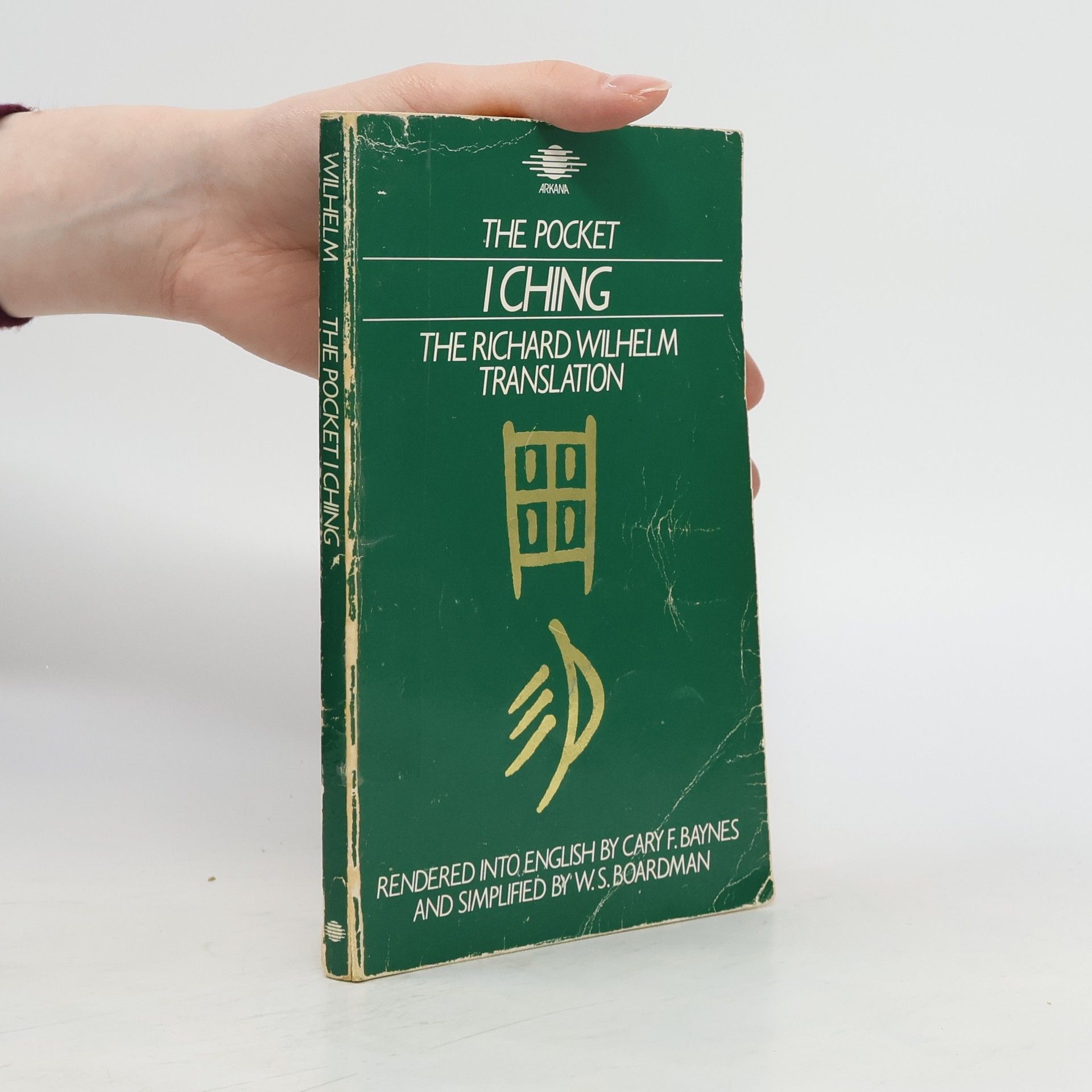
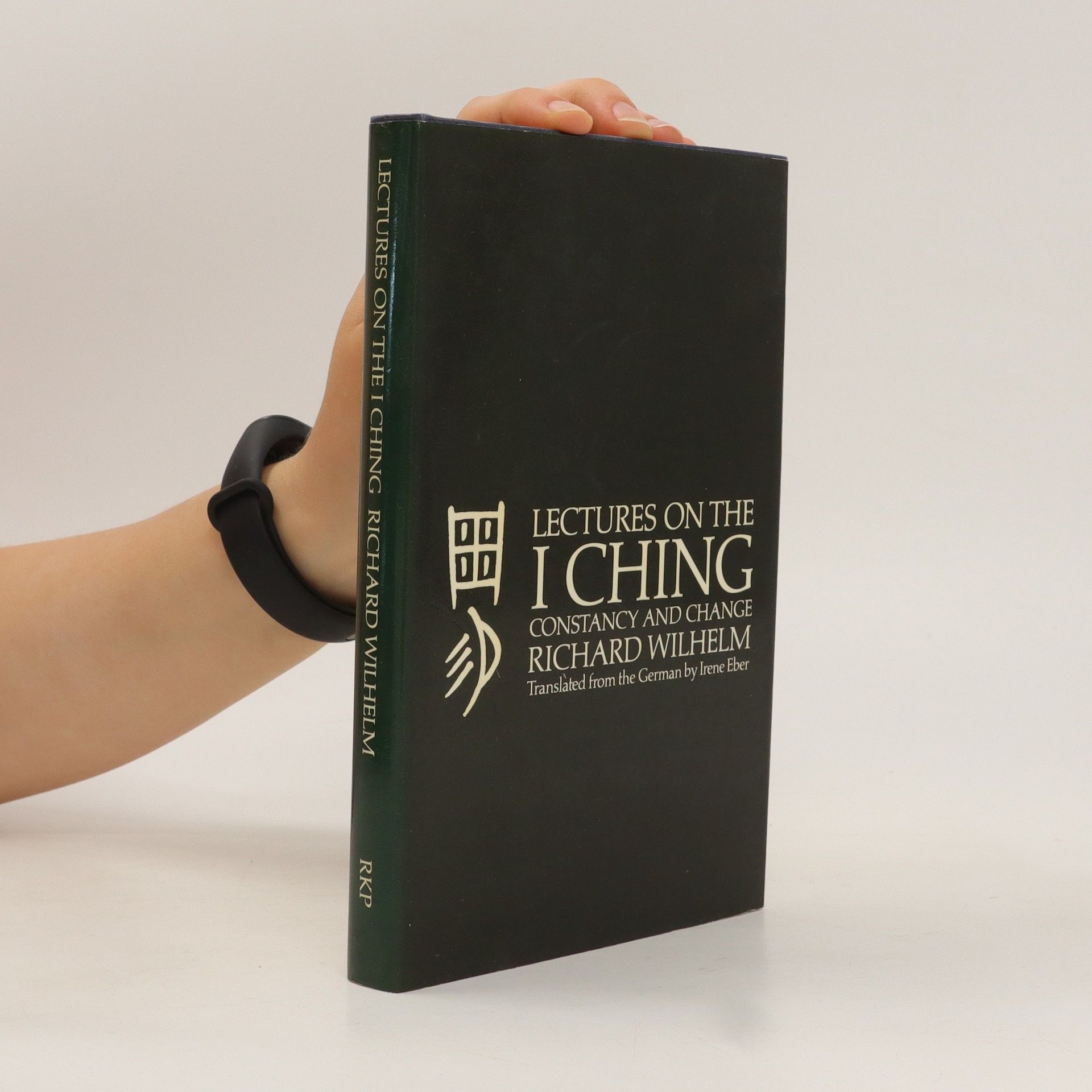
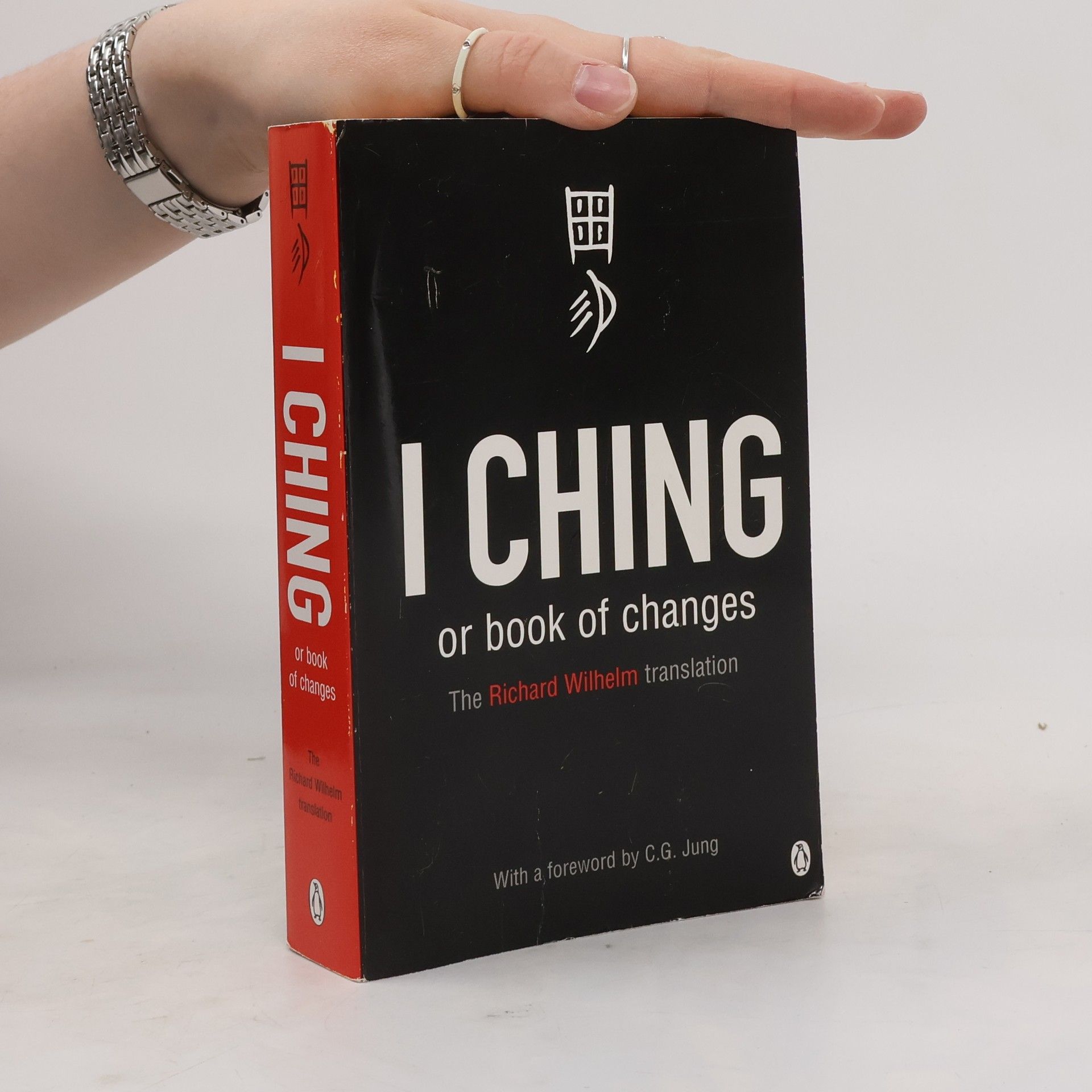
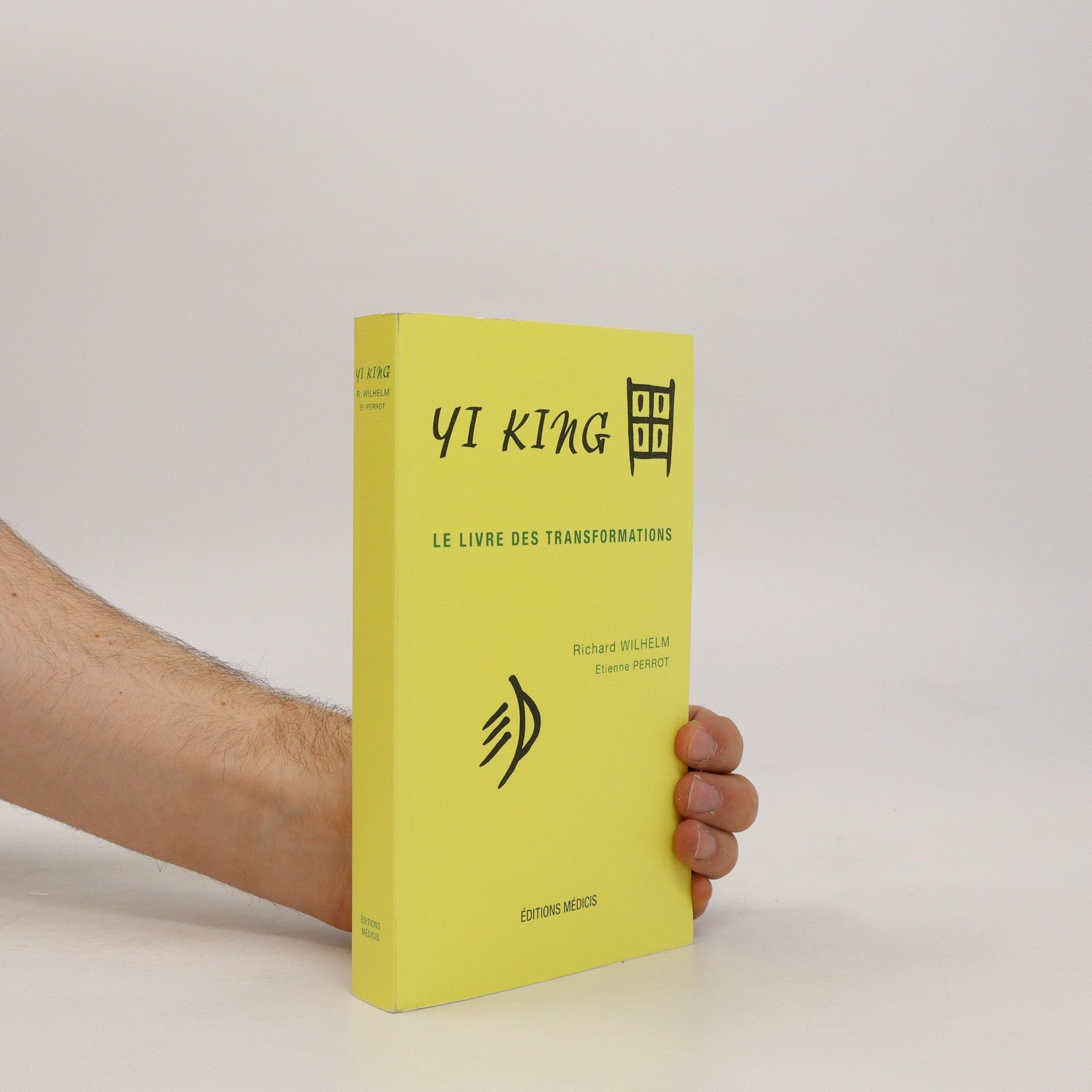
Covers I Ching - a book of oracles containing the whole of human experience.
Wilhelm frequently wrote & lectured on the Book of Changes, supplying guidelines to its ideas & ways of thinking. Collected here are four lectures he gave between 1926 & 1929. The lectures are significant not only for what they reveal about Chinese tradition & culture, but also for their reflections of the scholarly & cultural milieu prevalent in Germany during that time.
This collection features a diverse array of oriental fairy tales, offering a rich tapestry of stories for American readers. Children will be captivated by the vibrant colors and fantastical elements, while older readers will find depth and enjoyment in the narratives. Among the poetic tales are "The Flower-Elves," "The Lady of the Moon," and "The Herd Boy and the Weaving Maiden," which evoke a sense of beauty and wonder. Other stories, like "How Three Heroes Came By Their Deaths Because Of Two Peaches," provide a dramatic glimpse into the Chinese age of Chivalry. The collection also includes quasi-religious dramas such as "The Ape Sun Wu Kung" and "Notcha," alongside the intriguing sorceries of "The Kindly Magician." Additionally, delightful ghost stories like "A Night on the Battlefield" and "The Ghost Who Was Foiled" offer happy endings that charm readers of all ages. This work is a reproduction of an important historical text, preserved and restored by Forgotten Books, which utilizes advanced technology to maintain the original format while addressing imperfections. Any remaining flaws are intentionally retained to honor the historical integrity of the collection.
An elegantly packaged new edition of a classic Chinese folk tale collection that responds to the contemporary fascination with the ancient culture of the Far East.
"Tao Te Ching," also commonly known as "Lao Tzu," is perhaps the most important of Chinese classical texts, with an unparalleled influence on Chinese thought. This bilingual edition consists of two parts. The English text in Part One is a reprint of the earlier translation of the so-called "Wang Pi" text, first published by Penguin Books in 1963. Part Two is the fresh translation of a text which is a conflation of two manuscripts of the "Lao Tzu," dating at the latest from the early Western Han and discovered at Ma Wang Tui in December 1973. The result is a text with a fuller use of particles, free from the scribal errors and editorial tampering of subsequent ages.